T4K3.news
US warships deployed off Venezuela
Three destroyers head toward waters off Venezuela as the U.S. cites counter-narcotics aims amid tensions with Maduro's government.
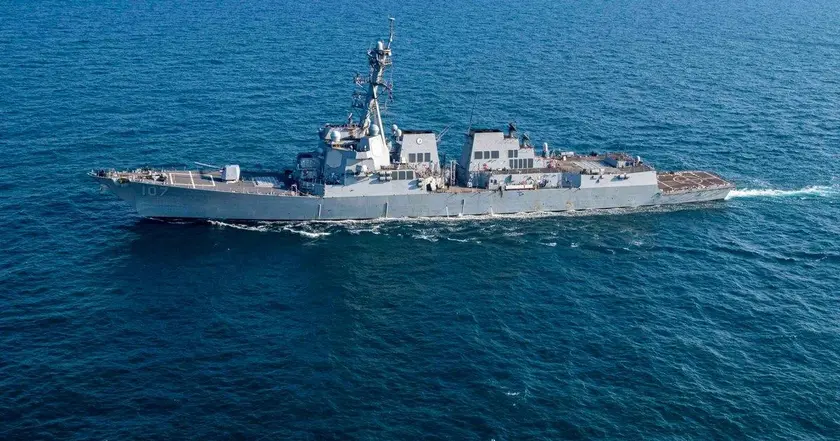
Three Aegis guided-missile destroyers head toward waters off Venezuela as Washington pushes a hard line against cartels.
US warships sail off Venezuela amid cartel accusations
Three U.S. Navy destroyers equipped with Aegis combat systems—the Gravely, Jason Dunham and Sampson—are being deployed to waters off Venezuela. A White House official told CBS News and Reuters that the ships would depart for the region in the coming days and remain for several months as part of counter-narcotics efforts. A Defense Department official confirmed the vessels were assigned to the region, while officials would not discuss planning details.
Key Takeaways
"Washington's accusing Venezuela of drug trafficking reveals its lack of credibility and the failure of its policies in the region"
Foreign Minister Yvan Gil commenting on U.S. charges
"The empire has gone mad and has renewed its threats to Venezuela's peace and tranquility"
Maduro speaking in Caracas
"Every aggressive statement confirms the inability of imperialism to subdue a free and sovereign people"
Maduro commenting on Western pressure
The move highlights a broader push from Washington to use military tools to disrupt cartel networks, even as it heightens a volatile regional dynamic. Venezuela’s government has rejected the accusations, framing them as a test of imperial motives and sovereignty. The clash over cartels sits alongside broader tensions over sovereignty, diplomacy and the limits of U.S. influence in Latin America. In parallel, the administration has designated groups linked to Mexico, El Salvador and Venezuela as foreign terrorist organizations, arguing their operations intersect with drug trafficking and human smuggling. The response from Caracas — including new restrictions on drones and a large militia mobilization claim — signals a readiness to frame U.S. moves as direct threats to national autonomy. The episode sits at the crossroads of crime policy and geopolitics, where rhetoric can quickly translate into risk on the ground and in the region’s diplomatic climate.
Highlights
- Diplomacy should guide force not force guide diplomacy
- Sovereignty is not a slogan when ships circle a coastline
- Rhetoric can become risk as actions follow words
- Imperialism cannot subdue a free and sovereign people
Tension risks from foreign military deployment
Deploying warships near Venezuela raises risks of diplomatic incidents, miscalculation, and regional instability. It could provoke backlash from Caracas and allies and complicate regional security dynamics.
The coming weeks will reveal whether this is a calibrated signal or a spark that shifts risk in a fragile region.
Enjoyed this? Let your friends know!
Related News
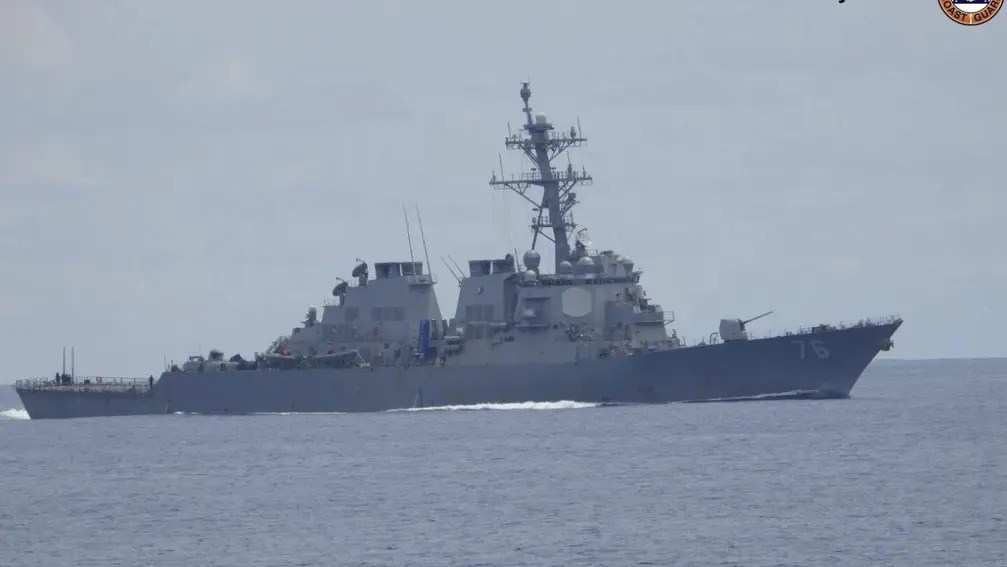
US ships near Scarborough after collision
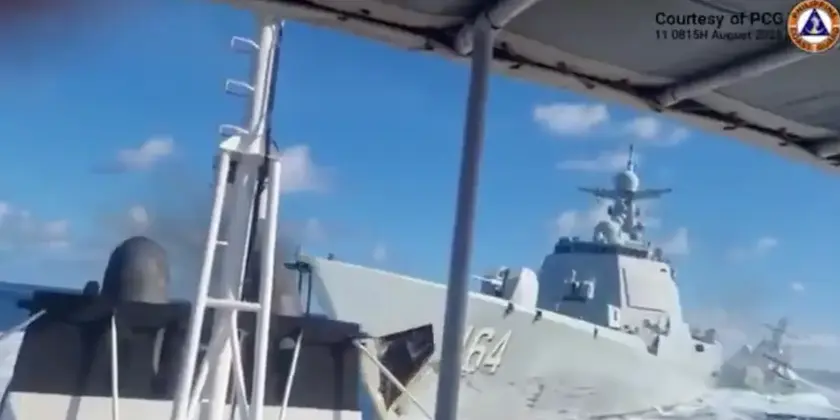
South China Sea clash signals rising risk of conflict
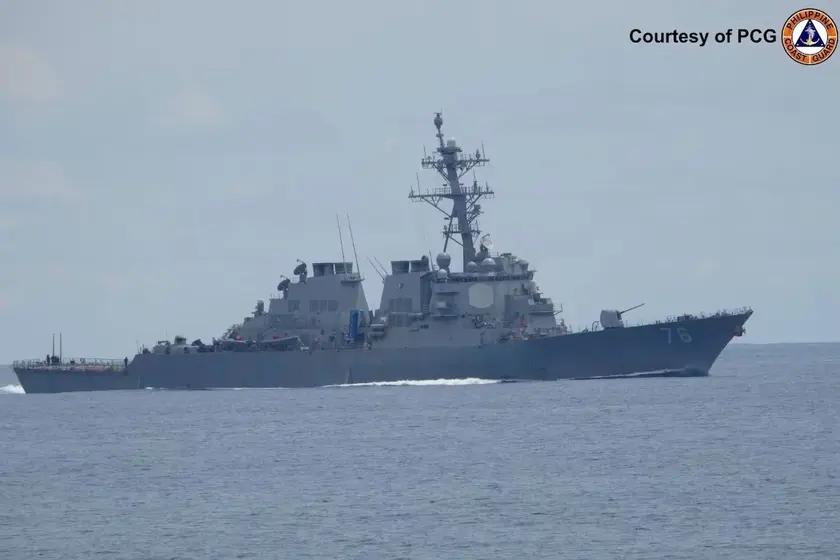
US deploys warships after Scarborough collision
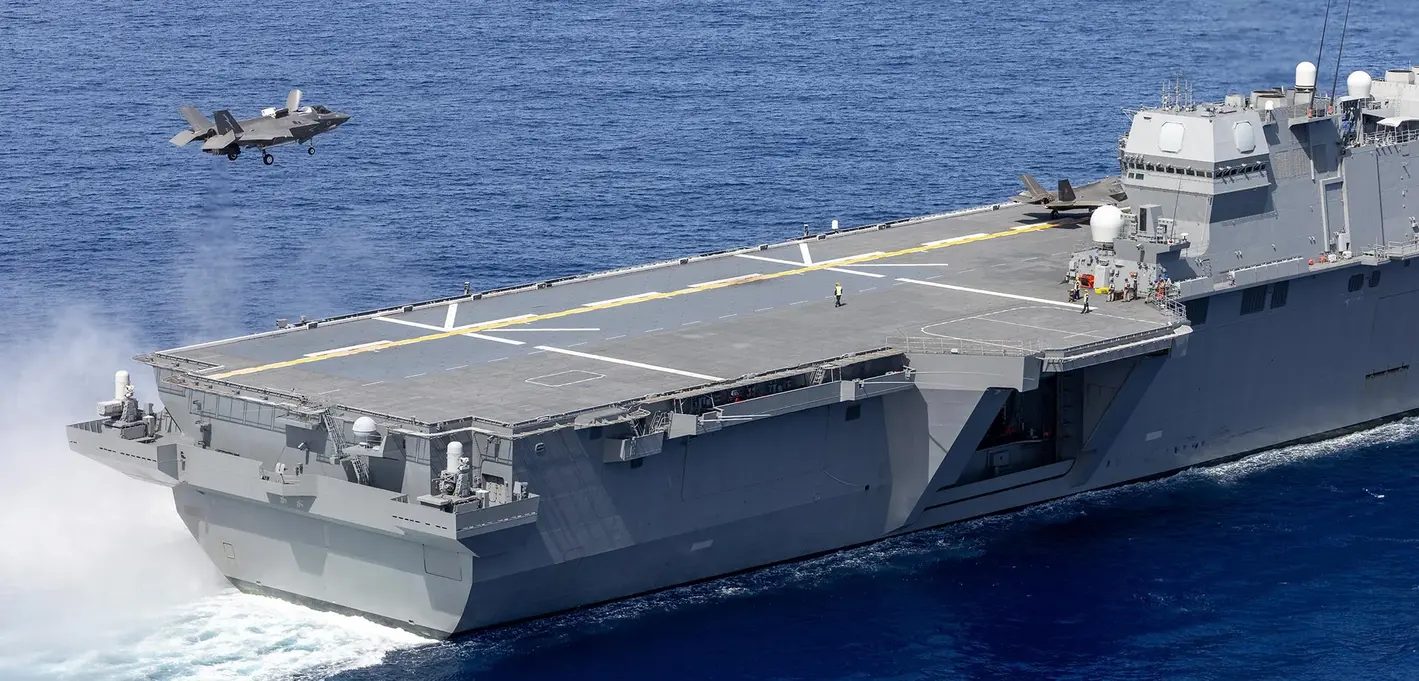
Historic F-35 cross-decking milestone
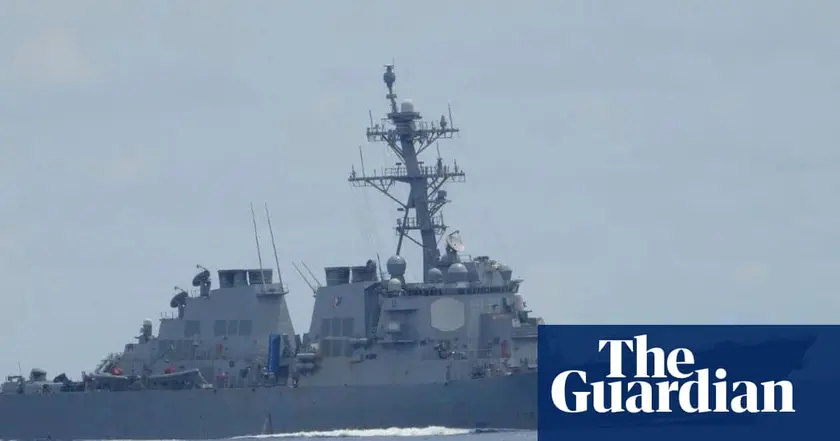
US warships patrol Scarborough Shoal after collision
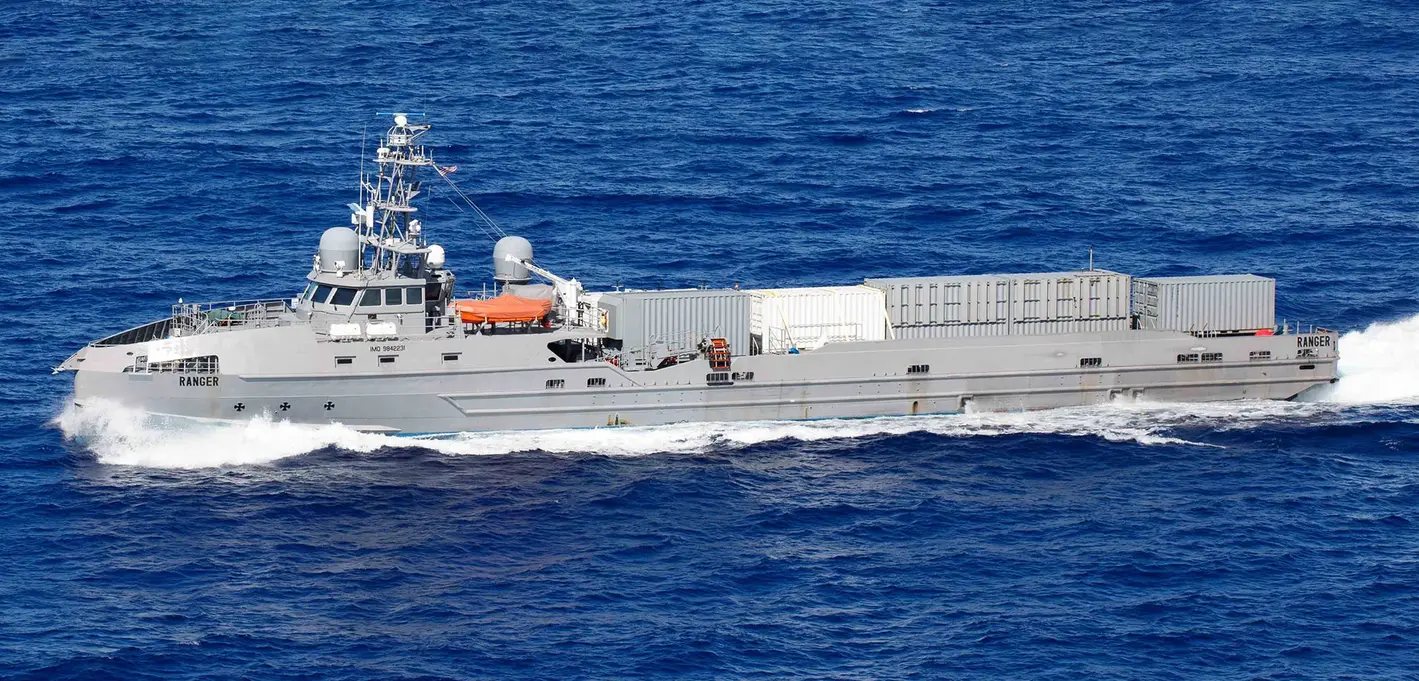
US Navy demands uncrewed warships delivered in 18 months
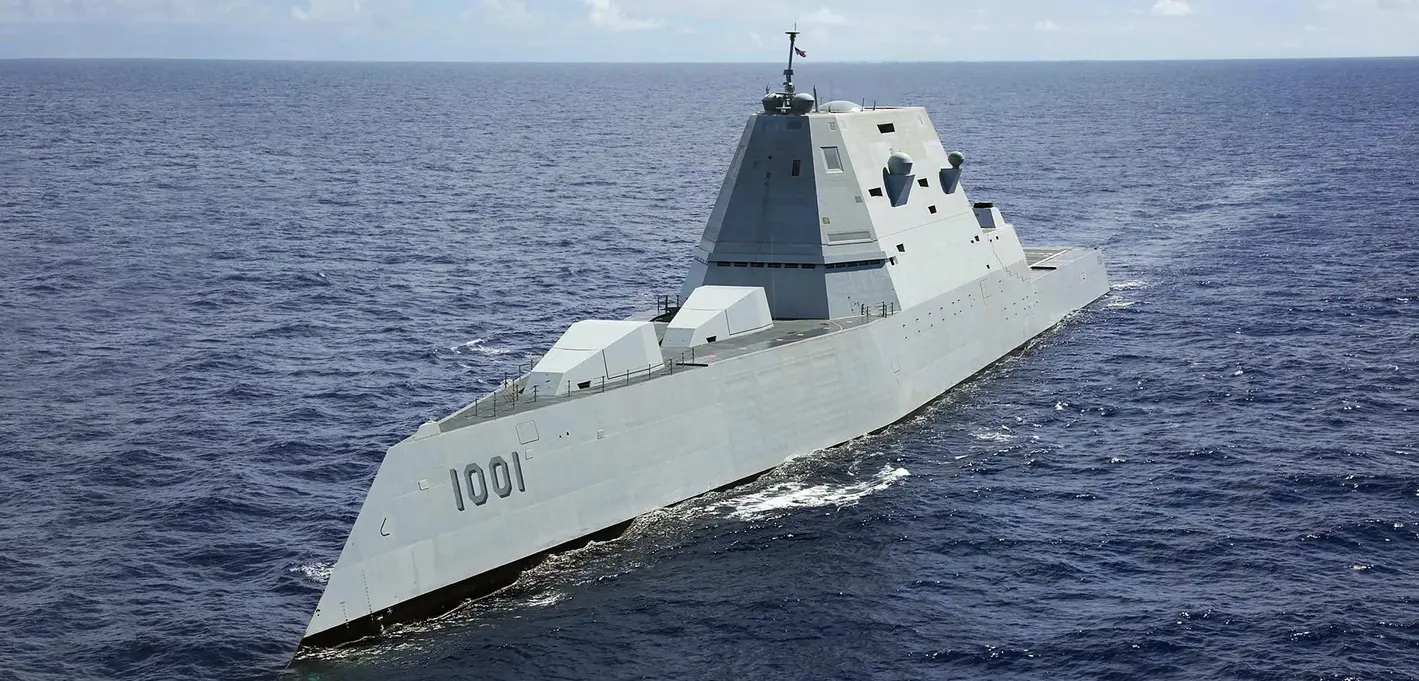
Zumwalt ships arm hypersonic CPS

Capitol presence links Trump pick to January 6
